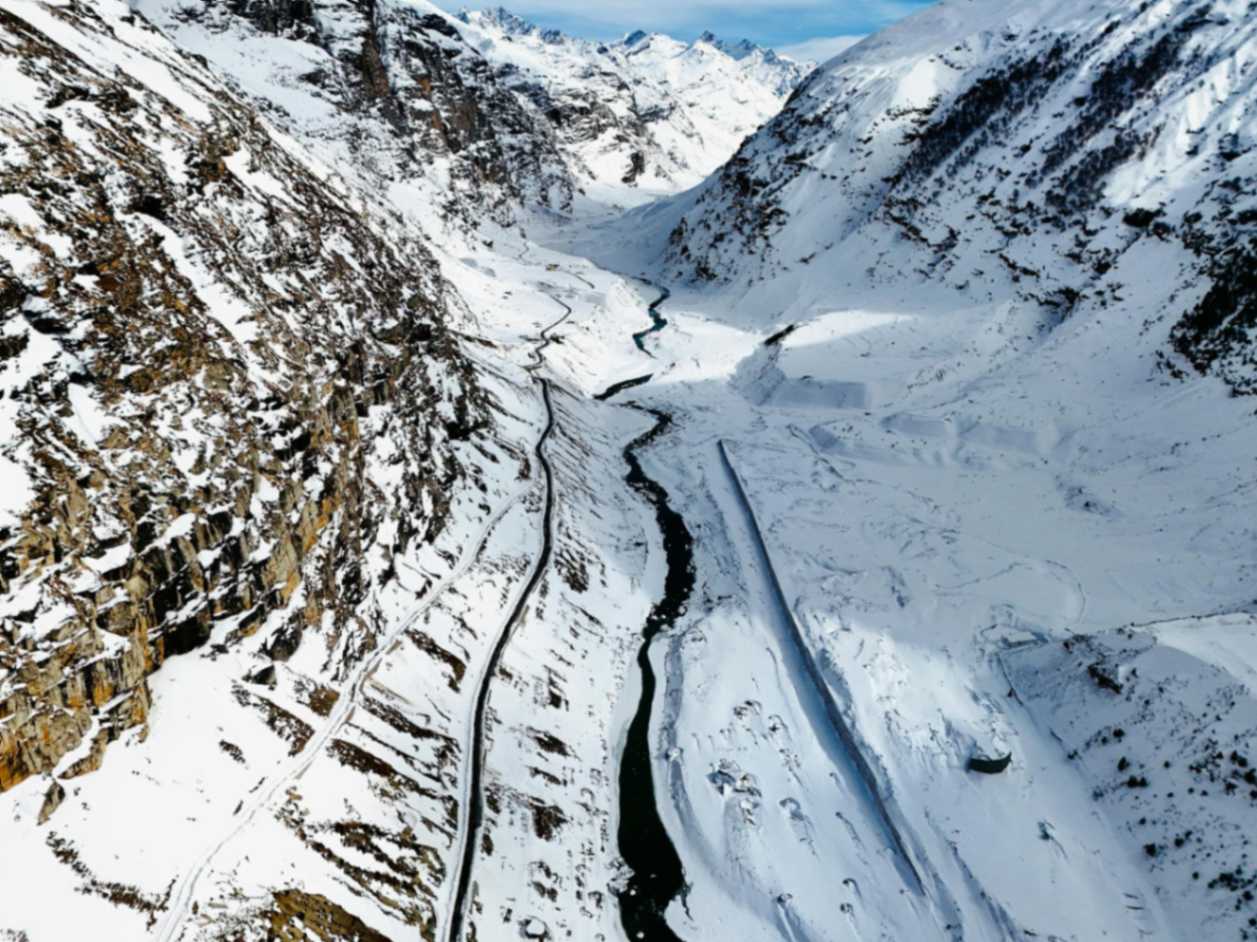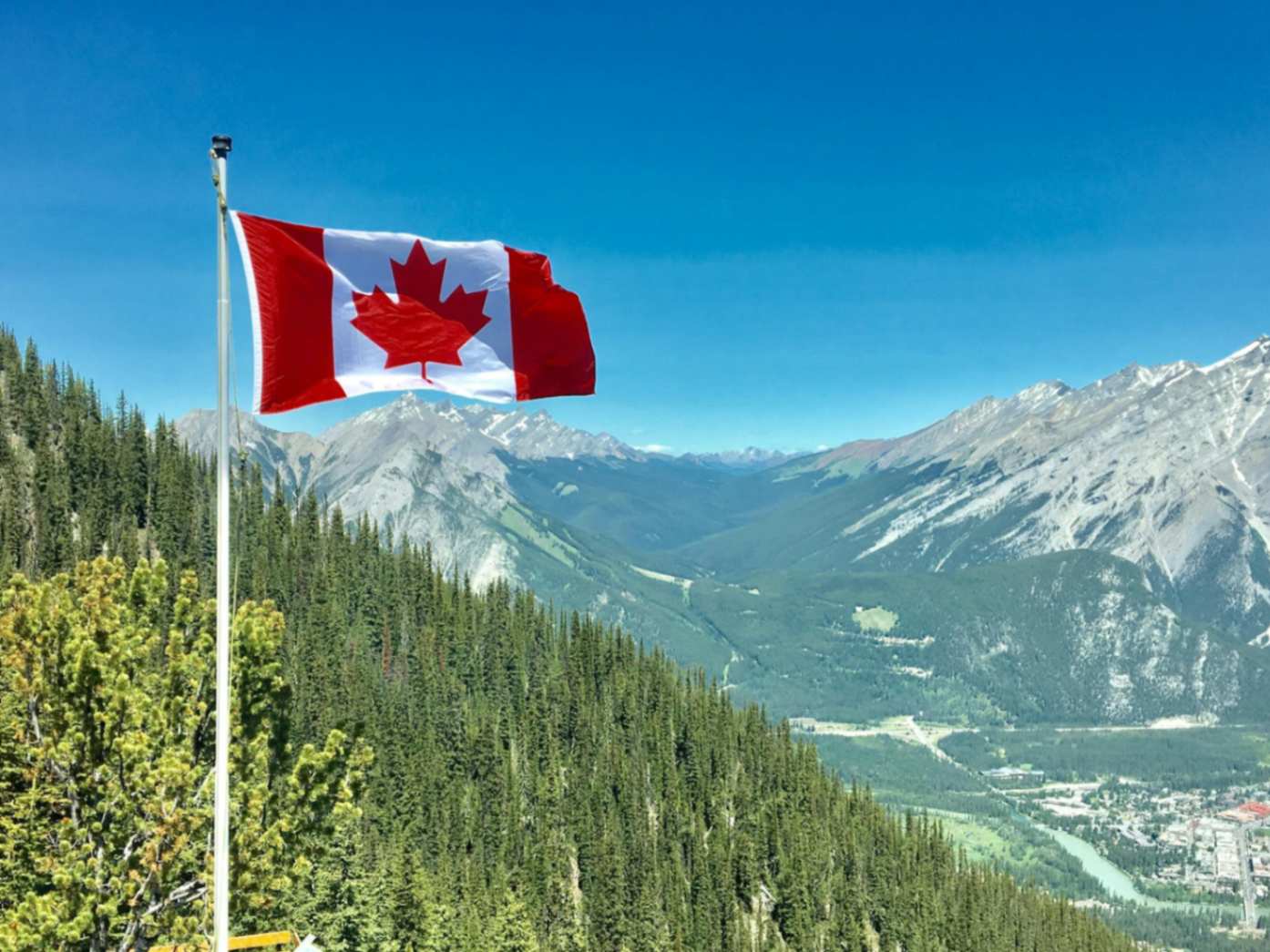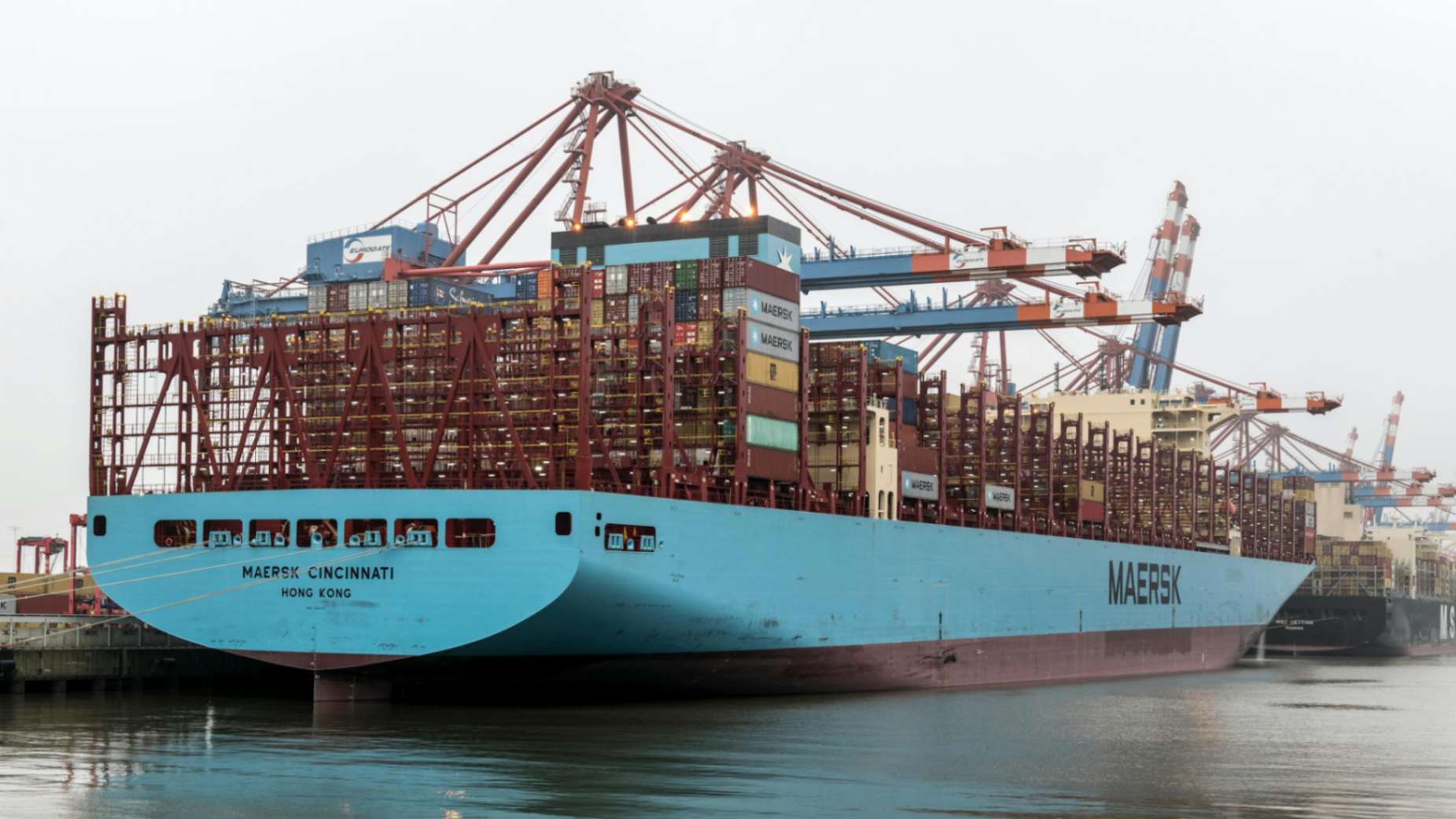World Bank's Banga unsure of US aid to fund for poor nations, though Trump dialogue 'constructive'
"We're having a constructive dialogue with the U.S. administration. I don't know where it'll end, but I've got no problem with the dialogue I'm having," Banga said.
 FILE PHOTO: World Bank President Ajay Banga speaks at the meeting on methane and non-CO2 greenhouse gases at the United Nations COP29 climate change conference in Baku, Azerbaijan November 12, 2024. / REUTERS/Murad Sezer/File Photo
FILE PHOTO: World Bank President Ajay Banga speaks at the meeting on methane and non-CO2 greenhouse gases at the United Nations COP29 climate change conference in Baku, Azerbaijan November 12, 2024. / REUTERS/Murad Sezer/File Photo
World Bank President Ajay Banga said on April 16 he has had constructive talks with the Trump administration about the development lender but he did not know how much the U.S. would contribute to the bank's fund for the world's poorest countries.
Banga told reporters that if the U.S. were to not follow through on the $4 billion International Development Association (IDA) pledge from former president Joe Biden's administration last year, and some European countries cut back their pledged funds, it could reduce the latest $100 billion IDA funding round to $80 billion or $85 billion.
Also Read: World Bank president cautions against hasty reaction to Trump policies
This would be about even with the $82 billion in IDA support pledged in 2019 but below the $93 billion replenishment in 2021.
"We're having a constructive dialogue with the U.S. administration. I don't know where it'll end, but I've got no problem with the dialogue I'm having," Banga said a week ahead of World Bank and International Monetary Fund spring meetings in Washington.
"They're asking the right questions, and we're trying to give them the right answers," he added.
CLIMATE STRATEGY ADAPTATION
Asked whether he was still committed to the World Bank's target of devoting 45 percent of its annual financing to climate-related projects by this year in the face of President Donald Trump's desire to reduce climate funding, Banga said that a lot of the projects included in that target will be merely "smart development" that has climate benefits.
He said half of the targeted financing would go towards helping countries with climate resiliency and adaptation.
"That's a school roof painted white instead of red, so it's cooler inside," Banga said. "It's a school that doesn't get taken away in a hurricane, or a road that doesn't get washed away in a monsoon, or it's heat-resistant varieties of seeds, and it's drip irrigation. Those are things that are relevant in development."
The other half of the 45 percent target is for climate-change mitigation, but only about 5 percent of the bank's total financing will be devoted to energy development, Banga said, with a portion of that also devoted to gas projects.
Banga said the World Bank's board in June will consider an "all of the above" energy strategy, "which is not just renewable energy, but a transition plan for everyone".
He said the World Bank's energy financing efforts going forward would include "gas, geothermal, hydroelectric, solar, wind and nuclear where it makes sense. That's the strategy we're going to discuss with our board."
Banga also emphasized reforms the World Bank has undertaken since he took over in June 2023 to make the lender more efficient, faster and focused on improved development outcomes rather than on financing dollars mobilized.
"So in 2024, nearly half of our public sector financing was performance-based, linked to results, up from 28 percent a decade ago," Banga said.
At the spring meetings, Banga said, the bank aimed to make further progress on its initiatives to draw private sector financing into development projects and emerging markets.

 Reuters
Reuters


.jpg)











Comments
Start the conversation
Become a member of New India Abroad to start commenting.
Sign Up Now
Already have an account? Login